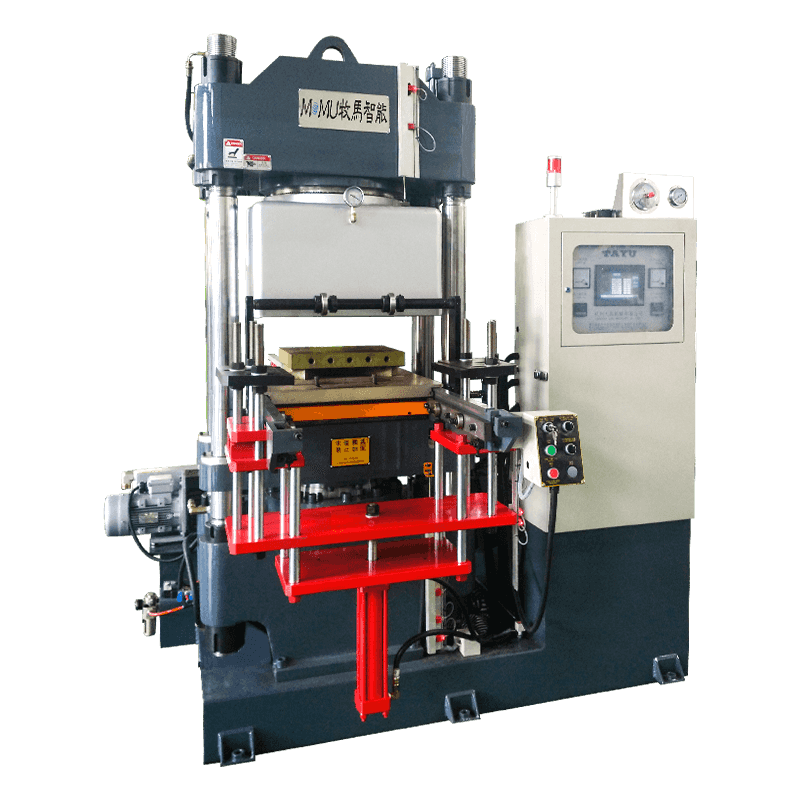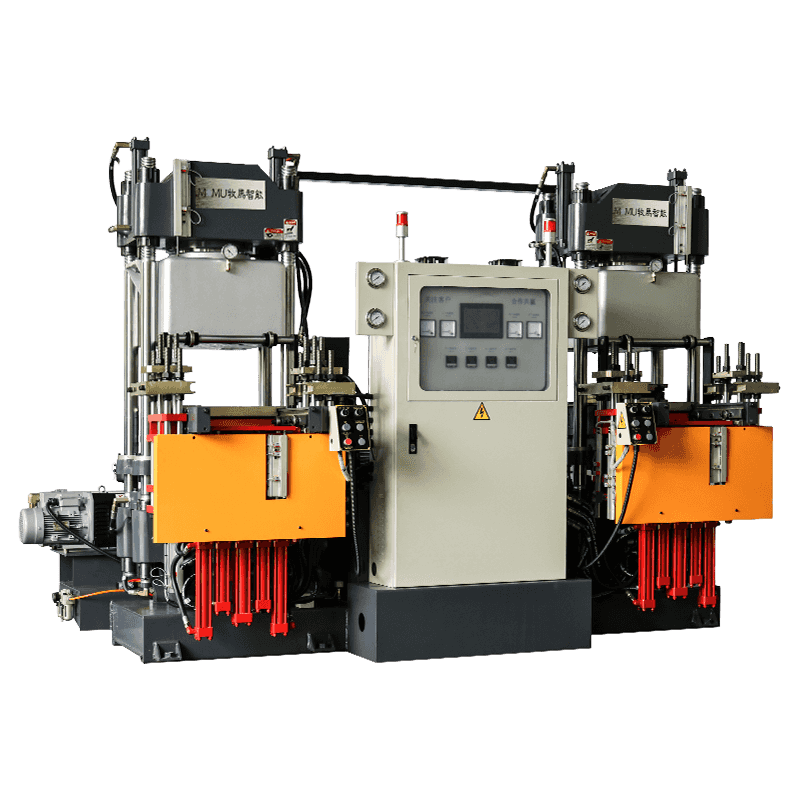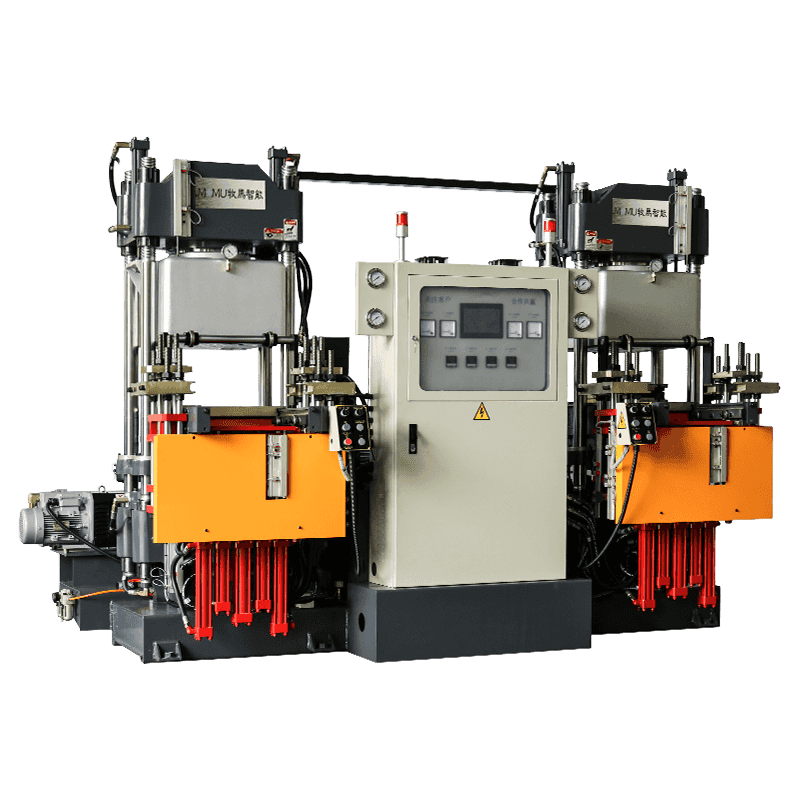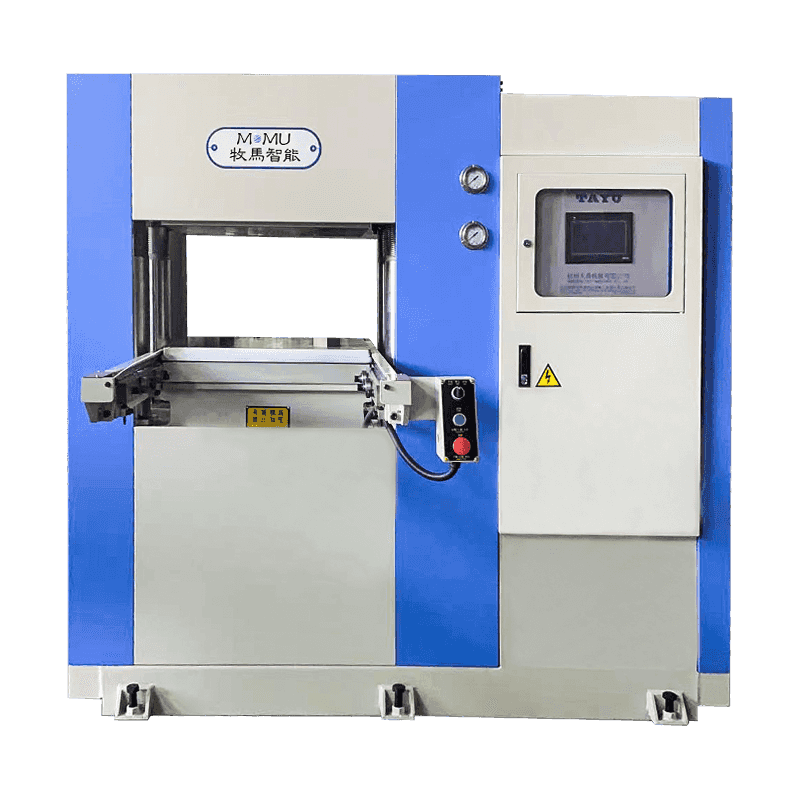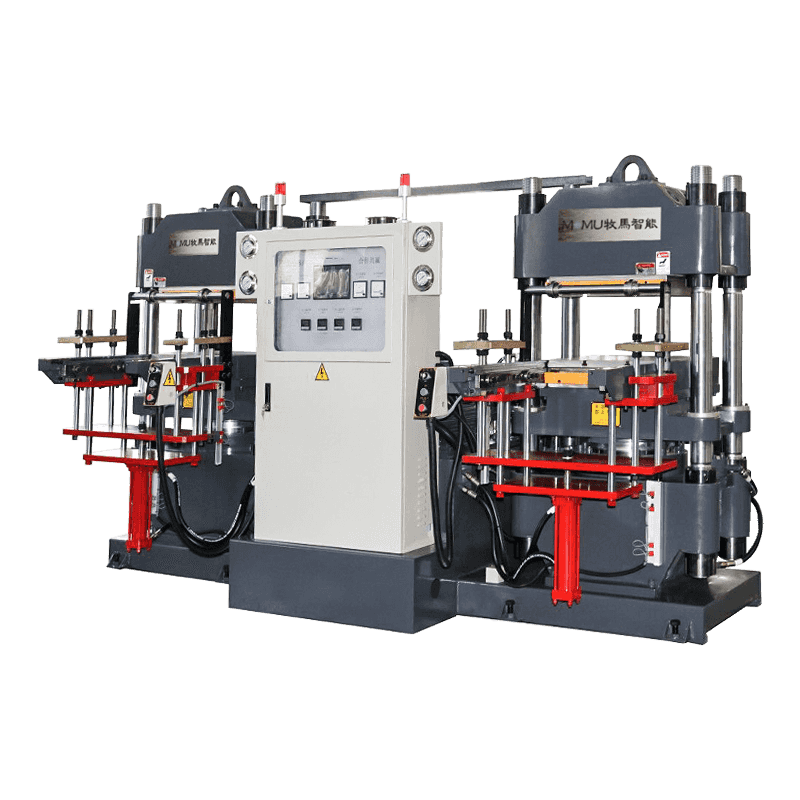Insulator machine plays a vital role in the power and electronics industry. Insulators are key components to ensure the safe operation of electrical equipment and systems. They are used to isolate electrical conductors and prevent current leakage, thereby ensuring the safety of equipment and personnel. Insulator processing equipment is specially used to manufacture and process various types of insulators, including ceramics, glass and composite materials, etc., to provide high-quality insulation products for power transmission, electronic equipment, communication facilities, etc.
Insulator processing equipment can be divided into many categories according to the insulator materials and product types processed:
This equipment is used to manufacture ceramic insulators. Through processes such as molding, sintering and surface treatment, ceramic materials are processed into insulators of various shapes and excellent performance. Ceramic insulators have the characteristics of high temperature resistance, corrosion resistance and excellent insulation performance, and are widely used in high-voltage transmission lines and substation equipment.
![]()
The equipment used to produce glass insulators mainly includes processes such as glass melting, molding and annealing. Glass insulators have good mechanical strength and weather resistance, and are often used for insulation of transmission lines and power equipment. Glass insulator processing equipment can produce products of different shapes and specifications to meet the needs of various power projects.
With the development of material technology, composite insulators have gradually become popular in the power industry due to their advantages such as light weight, aging resistance and excellent mechanical properties. Composite insulator processing equipment usually includes processes such as compression molding, injection molding and surface treatment, which can produce insulators with high strength and high weather resistance.
The molding process of the insulator is crucial to its performance and quality. Insulator processing equipment usually adopts advanced precision molding technology such as injection molding, compression molding and extrusion molding to ensure that the insulator has precise size and shape to achieve the best insulation performance.
For ceramic and glass insulators, the processing equipment needs to have high-temperature sintering and heat treatment capabilities to improve the density and mechanical strength of the material. During the high-temperature sintering process, the equipment needs to accurately control the temperature and time to obtain the required material properties.
The surface treatment of the insulator directly affects its anti-pollution flashover and waterproof performance. Insulator processing equipment is usually equipped with surface treatment and coating devices, such as spraying, coating and polishing, to enhance the weather resistance and service life of the insulator.
Insulators are key components in transmission lines and substations, used to support and isolate wires to prevent current leakage. High-quality insulators produced by insulator processing equipment are widely used in high-voltage transmission, distribution and substation equipment.
In electronic and communication equipment, insulators are used to isolate electronic components to prevent electrical short circuits and interference. Insulator processing equipment can produce small insulators suitable for various electronic devices to meet the high precision and high reliability requirements of modern electronic products.
In rail transportation and the automotive industry, insulators are used for insulation of motors, batteries and control systems. Insulators produced by insulator processing equipment play a vital role in these applications to ensure the safe and reliable operation of vehicles.
With the continuous development of the power and electronics industries, the requirements for the performance and quality of insulators are also increasing. In the future, insulator processing equipment will develop towards higher automation, intelligence and precision to meet the needs of high-performance insulating materials in different fields. In addition, with the requirements of environmental protection and sustainable development, equipment will adopt more energy-saving and environmental protection technologies to reduce energy consumption and pollution during processing.
Insulator processing equipment is an indispensable key equipment in the power and electronics industries. Through continuous technological innovation and process optimization, this type of equipment will continue to provide strong support for the production of high-quality insulators and promote the sustainable development of the power and electronics industries.
